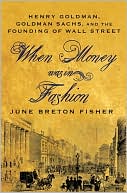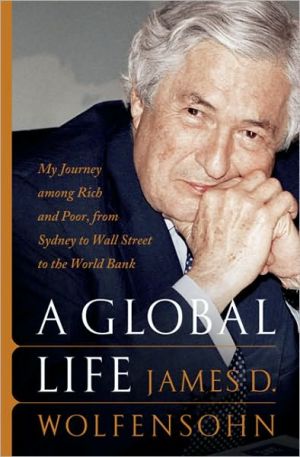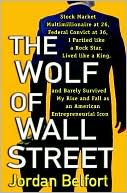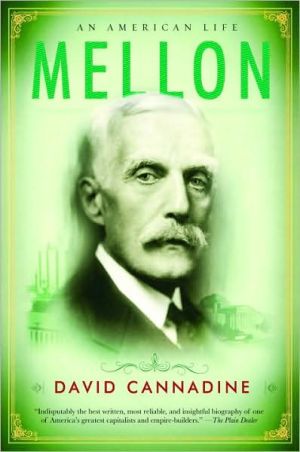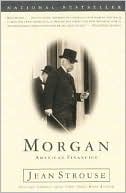When Money Was in Fashion: Henry Goldman, Goldman Sachs, and the Founding of Wall Street
Search in google:
This epic biography tells the story of the rise of Wall Street and the growth of Goldman Sachs from a small commercial paper company to the international banking business we know today. At its heart is the story of Henry Goldman, a man who spoke out passionately for his beliefs, understood the importance of the bottom line, and was known to chuckle, draw on his cigar, and remind his young protégés, "Just keep in mind . . . Money is always in fashion."Though you will rarely find a mention of him in the official history of Goldman Sachs, it was Henry who established many of the practices of modern investment banking. He devised the plan that made Sears, Roebuck Co. the first publicly owned retail operation in the world, helped convince Woodrow Wilson to pass the Federal Reserve Act of 1913, and became a power player in the world of Wall Street finance at a time when Jews were considered outsiders. The book traces Henry Goldman's hard-fought and often frustrating career with Goldman Sachs, a company founded by his father Marcus and fraught with professional rivalries. The tensions between the Goldman and Sachs families extended outside of the boardroom and into the larger world as the United States went to war. Henry’s steadfast support for Germany during World War I would tarnish his reputation and drive him from the firm. But his involvement with finance would continue throughout his life, as would close friendships with luminaries like Albert Einstein, whom he would later join in outspoken denunciation of Hitler’s atrocities against European Jews. Here, June Breton Fisher, Henry Goldman’s granddaughter, tells his whole story for the first time—a story that has shaped contemporary finance and continues to resonate with us today. Library Journal Fisher here pays homage to her grandfather, Henry Goldman, and his 32-year involvement with the famous Wall Street firm founded by his father, Marcus Goldman. Understandably, her book reads more like a family—almost genealogical—history than a corporate one. Fisher also chronicles the Sachs family, with insightful discussion of intermarriages that helped build the firm of Goldman Sachs. Although she clearly idolizes her grandfather, she does acknowledge shortcomings, notably his unshaken faith in his ancestral Germany up to, during, and following World War I, which contributed to conflicts between the Goldman and Sachs families and eventually led to Goldman's departure from the firm in 1917, thus effectively ending Goldman family involvement. As Fisher tends to use the first names of the many Goldman and Sachs descendants, readers may get confused—family trees would have helped. VERDICT While this book sheds valuable light on Henry Goldman's accomplishments, it is less a chronicle of finance than a biography—even a hagiography—of a beloved relative. There are also a few historical errors and gaps. Students of U.S. financial history will still be best served by Charles Ellis's authoritative The Partnership: The Making of Goldman Sachs.—Richard Drezen, Brooklyn, NY
Preface 11 Against All Odds 52 Banking in "The Swamp" 253 The Goldmans and the Sachses 434 Going Public 675 War in the Boardroom 896 Phoenix Rising 1197 The Fine Art of Collecting Fine Art 1618 Bull Point Camp 2019 A Child Prodigy 22510 End of the Line 245Afterword 263Notes 269Index 274
